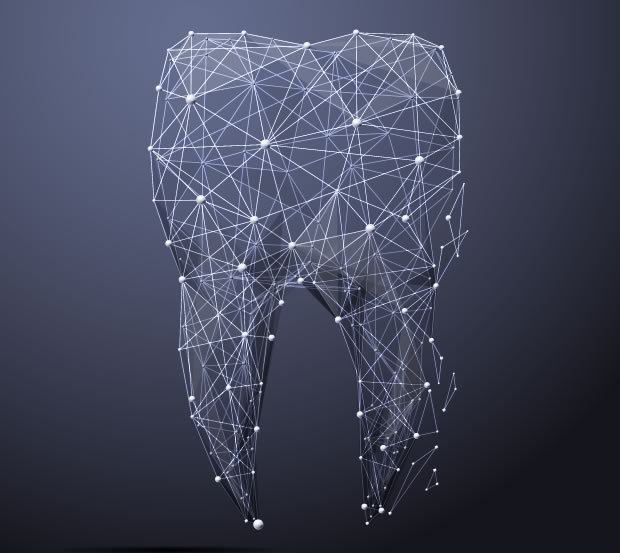Revolutionary Changes in Modern Dental Care
Imagine going to the dentist for a toothache, most likely caused by a cavity, and being told the only way to cure it is to kiss a donkey. Think about making a trip to your local blacksmith to acquire a few pieces needed for the household, and while you are there – you have them pull a few bad teeth for you too. Talk about one stop shopping! Consider what it would feel like having your tooth drilled with no numbing agents at all.
Fortunately, with today’s modern and technologically-advanced dental care system, imagining these cringe-worthy situations is the most we have to do. Dentistry is an industry that has been evolving as rapidly as the number of teeth to care for, and it is all thanks to the determination of dental practitioners who firmly believe that caring for your teeth doesn’t need to be scary, painful or something to dread. Rather, with the new technology available to us and the ability prevent most dental diseases and conditions with proper oral care, going to the dentist should be as easy and stress-free as getting a haircut.
Leaps and Strides in the Dental Industry
You may be reading this and thinking how has going to the dentist changed that much? You may even be remembering an experience you had as a child or a young adult that has since put you off of seeking routine dental care. That may be true, and while most of us have had an experience like this, or have felt the nerves of awaiting the chair – you will be amazed to find how much all of that has changed.
One of the largest changes that has been made in the industry today is the difference in focus on what it means to be a dentist. Once upon a time, the primary objective of dental practitioners was to find a problem, and then to treat that issue after the damage had already been done. Today, with modern science improving daily, dentists are better able to study and determine the causes of most dental conditions. The focus has shifted from damage control to damage prevention. With the ability to explain why things like flossing, brushing routinely, or staying away from certain foods can help, dentists are able to arm their patients with the knowledge necessary to take their oral health more seriously.
In addition to this shift toward preventative medicine, the modern tools and technology that dental science has provided have given patients a much better visit to the dentist overall. There is no longer a need for uncomfortable x-ray film scratching up your gums, or unnecessary exposure to x-ray radiation. With most offices switching over to digital x-rays, patients have a much more comfortable experience and practitioners have a clearer, more concise image to work from. These sharper films can also help further prevent future dental issues or procedures as they give a better, more well-rounded depiction of the teeth, jaw, gums and any potentially troublesome areas.
Laser-based equipment means any procedures that utilize this technology can be performed faster and without any pain, aftercare, sutures, or post-surgical bleeding. Modern screening technology can even locate cavities, gum disease, oral cancers, and other serious dental conditions much earlier on, allowing you and your dentist time to act before the condition becomes more serious.
Even our toothbrushes have become more advanced! Gone are the days when a basic, bristled brush was your only option. Now there are options on bristle stiffness, the flexibility of the brush and the layering of the bristles for teeth with hard-to-reach areas. Not to mention the advances, year-over-year, of the electric toothbrush! Now far more affordable, rechargeable, and featuring oscillating heads and built-in “timers” to tell you when to move on to the next section, the electric toothbrush has greatly helped reduce plaque and gingivitis for those who choose to use them.
And It’s Going to Get Even Better…
More exciting still is the research being done that suggests that, in the near future, dentists may have the ability to encourage your teeth to regrow bony tissue after a cavity has been drilled out. Imagine the possibilities associated with having your own organic material to fill the void, rather than a man-made material that could fall out or fail. Dental medicine is moving forward indeed. This industry is constantly angling to make the experience better and the procedures less painful for those that require more than basic, preventative care.


